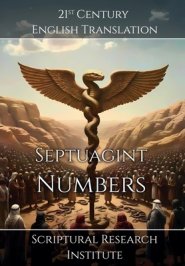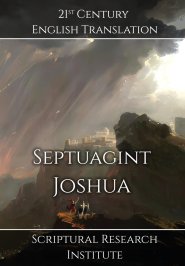The Psalms are a complex collection of hymns and prayers likely composed over many centuries, and by various authors. The earliest psalms are attributed to King David or are written for King David, including the first 40, which are likely the original group of psalms. Many other psalms are attributed to, or written for Asaph, Solomon, Ethan, Moses, Jeremiah, Haggai, Zachariah, the sons of Korah, or the sons of Jehonadab. Some of the psalms have internal historical references that indicate the likely time-frame they were written in. King David is generally believed to have lived around 1000 BC by those who accept him as a historical figure, and Asaph, Solomon, and Ethan all lived around the same time, so those who accept the psalms as having been written by authors that they are attributed to, would generally place the origin of most of the texts to around 1000 BC. The life of Moses has been dated to anywhere between the 16th and 13th centuries BC, and the original sons of Korah lived at the same time, however, the sons of Korah were also the priests in Solomon's Temple before they were replaced by the Levites. Jehonadab lived during the reign of the Israelite King Jehu, who lived circa 800 BC, while Jeremiah's life is dated to circa 600 BC, and the lives of Haggai and Zachariah are dated to circa 500 BC.
The Prayer of Manasseh was found in some copies of the Septuagint, but not all. It is believed to have been added in the 2nd century BC, which is why it is not found in all copies. The current scholarly view is that it was likely written in Greek, and is not the original Prayer of Manasseh mentioned in the Septuagint's 2nd Paralipomenon, however, translations of the versions found in the Septuagint are the only version found in the various translations of 2nd Paralipomenon, including the Syriac and Ge'ez translations, which supports the version in the Septuagint as being in the Aramaic translations the Greeks translated. Fragments of a different Prayer of Manasseh have been discovered among the dead sea scrolls, written in Hebrew, which is probably a translation of a Canaanite Prayer of Manasseh. It is unclear which Prayer of Manasseh is the original, and both could be original prayers by Manasseh, who was reported as being a Judahite king from the era when the Judahites were writing in Canaanite, and taken north to Assyria, where Aramaic was the common form of writing. The story of his capture is not corroborated by Assyrian sources, and seems unlikely, leaving the question of where the Aramaic Prayer a mystery.

Trustpilot





